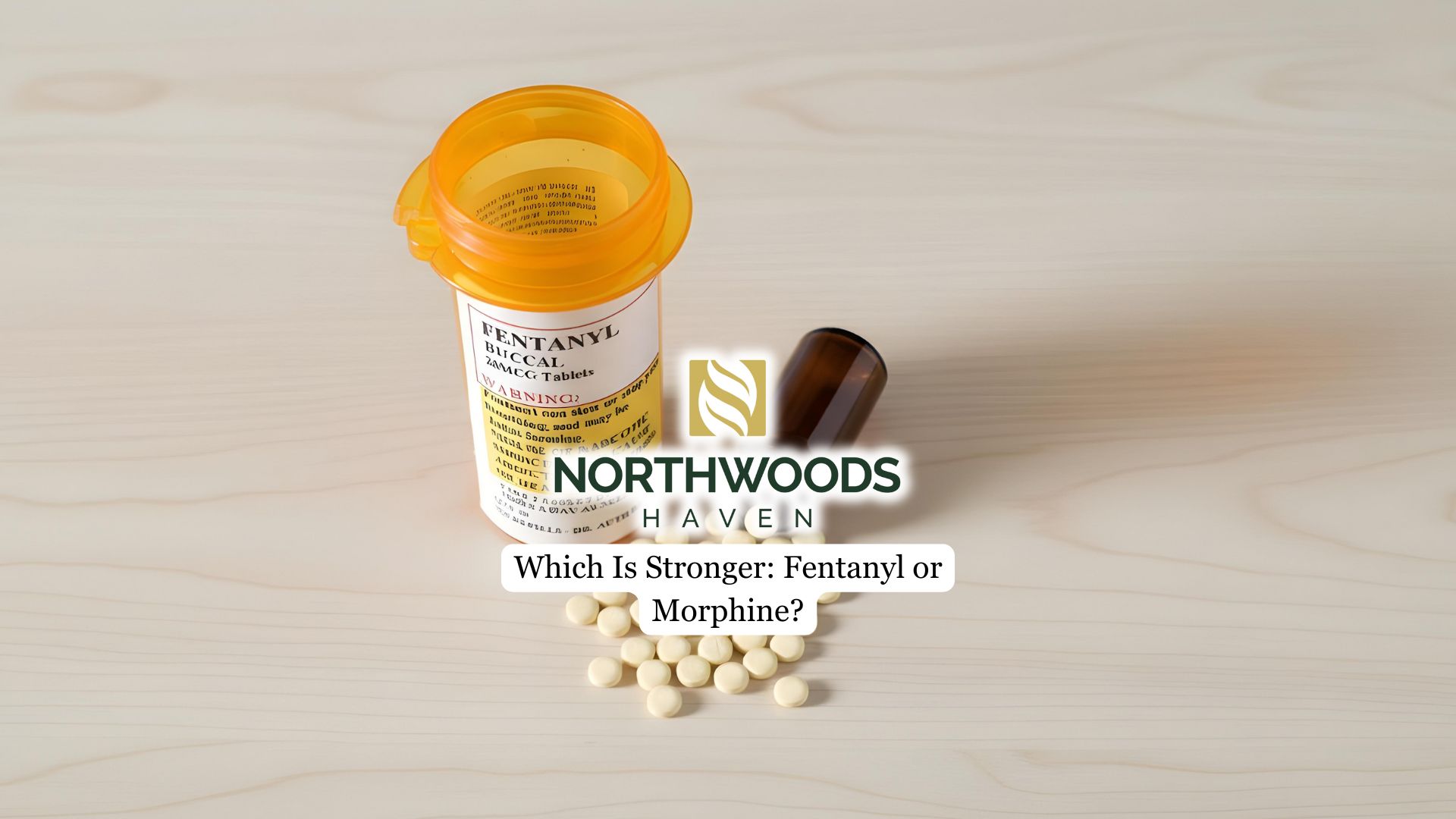Understanding addiction recovery often involves learning new tools and frameworks that guide healthier thinking and behavior. One of the effective methods used in SMART Recovery is the concept of the Three P’s: Permission, Promises, and Protection. This framework helps individuals recognize patterns that can lead to relapse and empowers them to make more constructive choices.
In this blog post, we will break down what the Three P’s mean, why they matter, and how they can support long-term recovery.
The Role of the Three P’s in SMART Recovery
The SMART Recovery program is grounded in evidence-based strategies that emphasize self-empowerment and cognitive-behavioral techniques. Unlike traditional 12-step approaches, it focuses on teaching participants practical skills for managing urges, handling emotions, and building a more balanced life. The Three P’s framework fits into this model as a mental awareness tool that helps participants recognize unhelpful thought patterns.
These three Ps act as “red flags” that often appear before someone takes action toward relapse. By identifying Permission, Promises, and Protection early, individuals can pause, reframe their thinking, and choose actions that align with their recovery goals.
Within an intensive outpatient program, this awareness becomes especially valuable, providing participants with practical tools to recognize warning signs, strengthen relapse prevention strategies, and build momentum toward long-term recovery success.
Permission: Rationalizing Harmful Behavior
The first “P”—Permission—refers to the tendency of individuals to give themselves mental permission to engage in behaviors that go against their recovery goals. This often shows up as rationalizations such as “just one time won’t hurt,” “I deserve this after a stressful day,” or “I can control it now.” These thoughts lower defenses and make it easier to slip back into old patterns.
Recognizing Permission thoughts is the first step in countering them. Many people in recovery find it helpful to pause and question: Is this thought helping me reach my goals, or is it leading me back to harmful behaviors? Replacing permission with healthier self-talk, such as reminding oneself of past struggles or the benefits of staying sober, can build resilience against cravings.
Promises: Unrealistic Commitments
The second “P”—Promises—reflects the idea of making unrealistic commitments about future behavior to justify current risky decisions. This often sounds like, “I’ll use today, but I’ll stop tomorrow,” or “I’ll cut back after this weekend.” These empty promises provide short-term relief from guilt but often make recovery harder because they push accountability into the future.
This type of thinking is dangerous because it creates a false sense of control. Believing in these promises, individuals may delay seeking help or fail to recognize the seriousness of their situation. To counter this, SMART Recovery encourages honesty and accountability. Writing down realistic goals and checking them against current actions helps highlight when a promise is being used as an excuse rather than a genuine plan.
Protection: Defending Triggers
The third “P”—Protection—describes the mental defense mechanisms people build around their addictive behaviors or triggers. This might sound like, “I can handle being around this environment,” “It’s not as bad as people say,” or “I’m different, so I won’t fall into the same problems.” These protective thoughts shield harmful habits from scrutiny and make it easier to return to risky situations.
Breaking down this mental protection requires self-awareness and honesty. It often involves acknowledging vulnerabilities rather than minimizing them. Instead of saying, “I can go to the bar with friends and not drink,” a healthier mindset would be, “That environment is a trigger for me, and avoiding it supports my recovery.” Therapy and peer support can be especially valuable in identifying protective thoughts and challenging them with evidence-based strategies.

Why the Three P’s Matter in Recovery
The Three P’s highlight subtle but powerful thought processes that can undermine progress. While relapse is often seen as a sudden event, it is usually the result of small decisions and rationalizations that build up over time. Permission, Promises, and Protection often appear in these early stages, making them critical warning signs.
By identifying and confronting these mental patterns, individuals can prevent relapse before it happens. The framework encourages personal accountability, mindfulness, and critical thinking—key aspects of sustainable recovery. Tools like journaling, group therapy sessions, and discussions within SMART Recovery meetings help participants practice noticing these thoughts and reframe them with healthier alternatives.
Practical Strategies for Addressing the Three P’s
Addressing the Three P’s in recovery requires consistent practice and the use of specific strategies. Here are some effective methods:
- Cognitive-Behavioral Tools: Keeping a thought record can help track when Permission, Promises, or Protection arise. Writing down the thought, the situation, and a healthier replacement can retrain the brain over time.
- Mindfulness Practices: Being present and aware of internal dialogue reduces the likelihood of falling into automatic patterns. Mindfulness helps individuals pause and question the validity of a thought before acting on it.
- Peer Support: Discussing these patterns in SMART Recovery groups allows participants to hear how others recognize and challenge the same issues. This sense of accountability reinforces positive change.
- Therapy Integration: Therapies like CBT and DBT provide structured tools to reframe unhelpful thinking, manage emotions, and reduce vulnerability to relapse.
Over time, practicing these strategies makes it easier to dismantle the Three P’s and replace them with constructive habits. This not only strengthens recovery but also builds confidence and emotional resilience.
Final Thoughts from Northwoods Haven Recovery
The Three P’s in SMART Recovery offer a clear framework for recognizing and interrupting unhelpful thought patterns that can derail recovery. Actively identifying these mental habits and replacing them with healthier thinking, individuals can strengthen their commitment to long-term healing.
At Northwoods Haven Recovery, we recognize how essential frameworks like the Three P’s are in supporting lasting recovery. Our evidence-based outpatient programs in Minneapolis, MN, integrate strategies from SMART Recovery, alongside therapies such as Cognitive Behavioral Therapy and Dialectical Behavior Therapy, to help individuals build resilience and healthier coping skills. With professional guidance and peer support, recovery becomes a structured and achievable path toward a healthier future.



